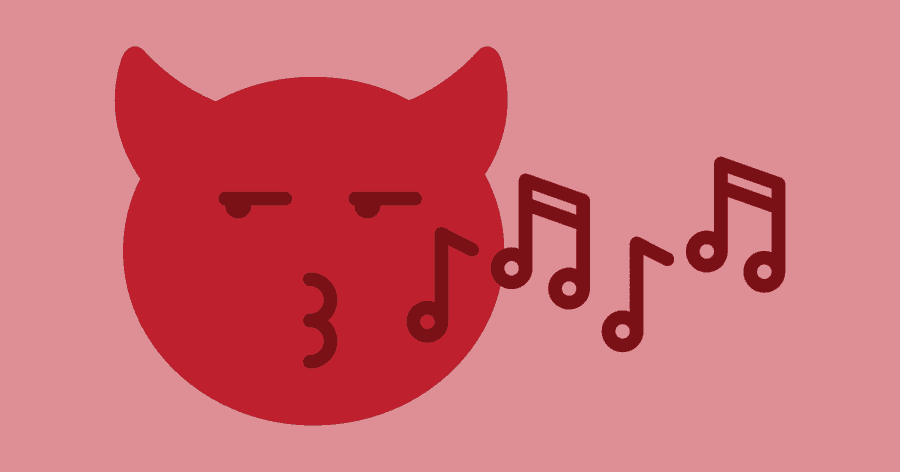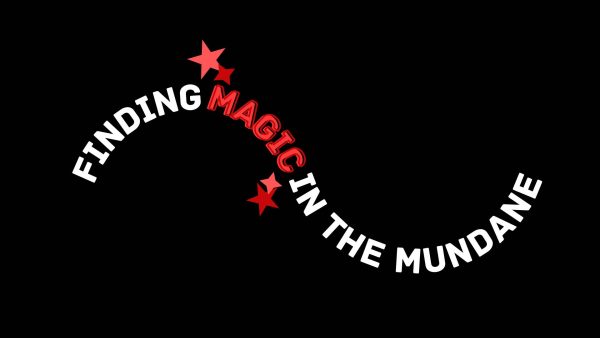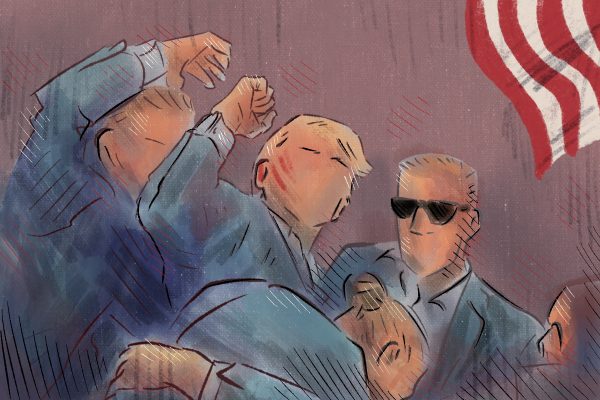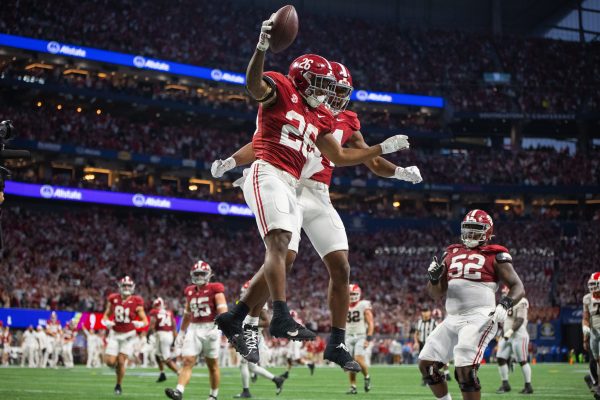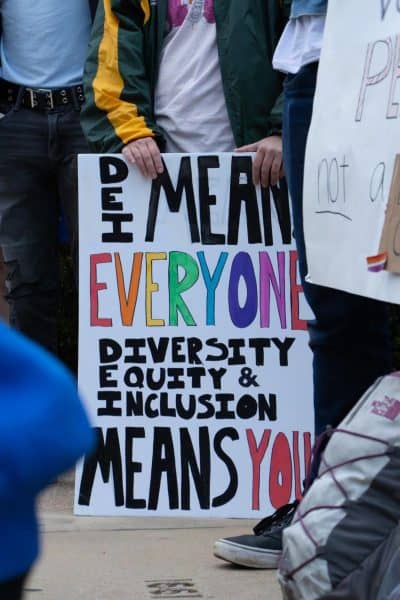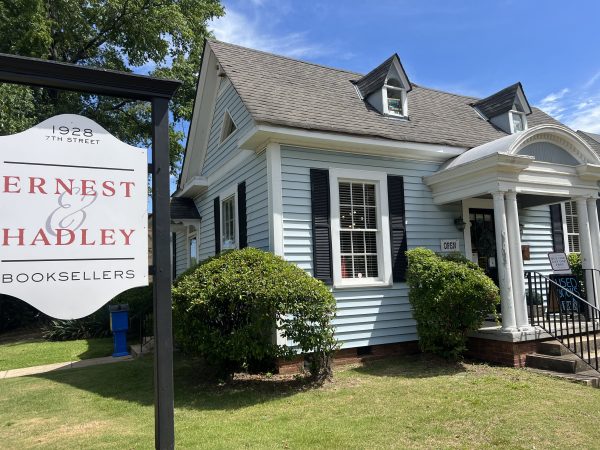Opinion | Lil Nas X (and everyone else) should create whatever the hell they want
Music and art should be allowed to be dangerous.
April 8, 2021
“In life, we hide the parts of ourselves we don’t want the world to see,” Lil Nas X narrates at the start of his music video for “Montero (Call Me by Your Name).” “But here, we don’t.”
As the camera swoops from clouds to an erotically phantasmagoric garden called Montero, the artist’s words settle over the scene. In art, we show ourselves off.
The song, video, and the accompanying “Satan shoes” have caused a stir. Governors, basketball players, pastors and conservative culture warriors uncomfortable with gay-male desire and seeing the devil get a lapdance have all condemned the video, song and shoes.
But the song is No. 1 on the Billboard charts and global Spotify charts. The video has over 100 million views on Youtube. The song is “a frisky song about lust; Lil Nas X has said it was inspired by a man he met and fell for,” The New York Times music critic Jon Carmanica wrote. It’s a sexual romp full of sexual acceptance and frustration.
“You live in the dark, boy, I cannot pretend/I’m not fazed, only here to sin,” Lil Nas X sings. “If Eve ain’t in your garden, you know that you can.”
He pole dances his way to hell, gives the devil the lap dance, kills him and takes the horns for his own, reapportion for feeling sinful.
The video also carries historical references with inscriptions on the Tree of Knowledge that quote Plato’s “Symposium.” The inscriptions reference an origin of humans that were stuck together––a mix of man and woman, woman and woman, and man and man––then when Zues separated the bodies, each one longed for their other half, no matter the gender of the two.
The song is meant to stir, just as any art can stir, and make others uncomfortable. If you think queerness is a sin, then you’re likely to be uncomfortably stirred by Lil Nas X and his deployment of art and trolling of Chick-fil-A. Just on pure popularity, Lil Nas X has brought the conversation of queerness into religious space, where it is often ignored or suppressed, and that alone makes the stirring a good thing.
Songs and artists have stirred on this biblical front before though.
In some ways, it makes me think of 1985, when the Parents Music Resource Center (some of the conservative cultural warriors of their day) created a hit list of bands and artists for inappropriate songs that included Prince, Black Sabbath and Twisted Sister.
Back then, country folk singer John Denver gave his famous testimony against censorship.
“The suppression of the people, of a society, begins in my mind with the censorship of the written or spoken word,” Denver said in the recorded 1985 hearing.
Rage Against the Machine, Prince, Van Halen, Lady Gaga, Black Sabbath, Tenacious D, Frank Ocean, Immortal Technique, Hurray for the Riff Raff, Cardi B. All and so many more have written songs that provoke and stir. These songs should never be suppressed. They ought to be celebrated.
Songs and art stir and create a space for what feels hidden in everyday life, those things we can’t easily talk about. In my mind, Lil Nas X is doing just that, creating a beacon for those who have been excluded or felt ashamed because of their queerness.
Tucker Legerski is a graduate creative writing student. His column runs regularly.

